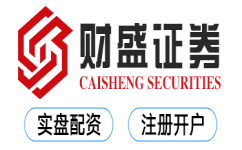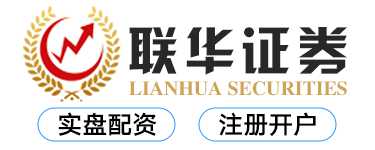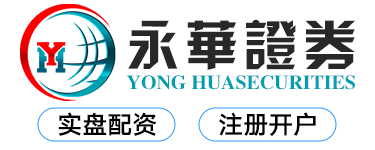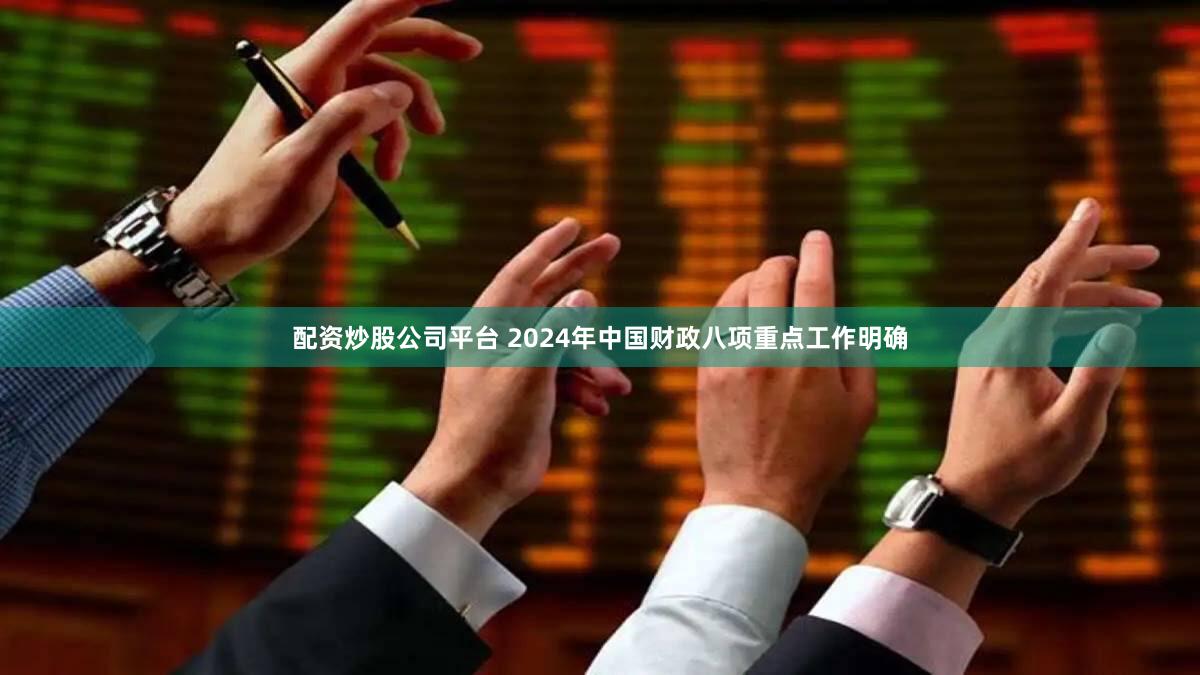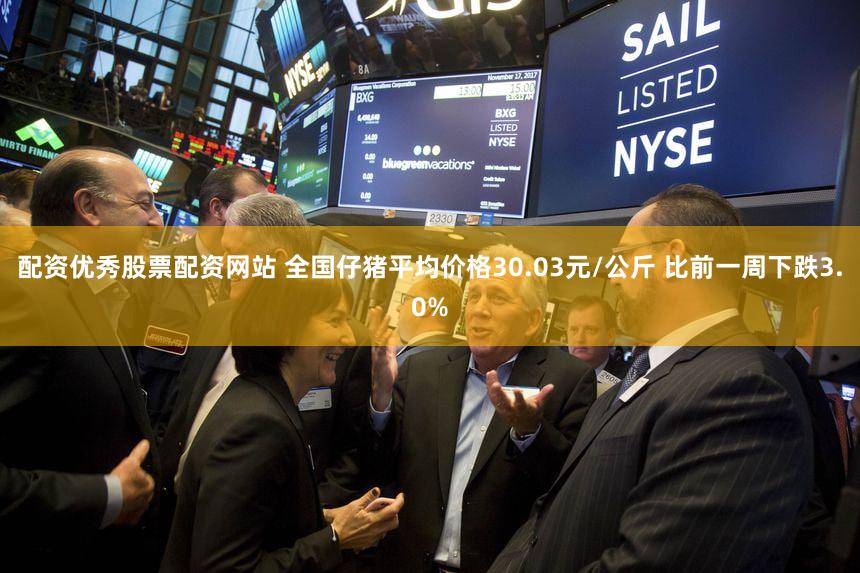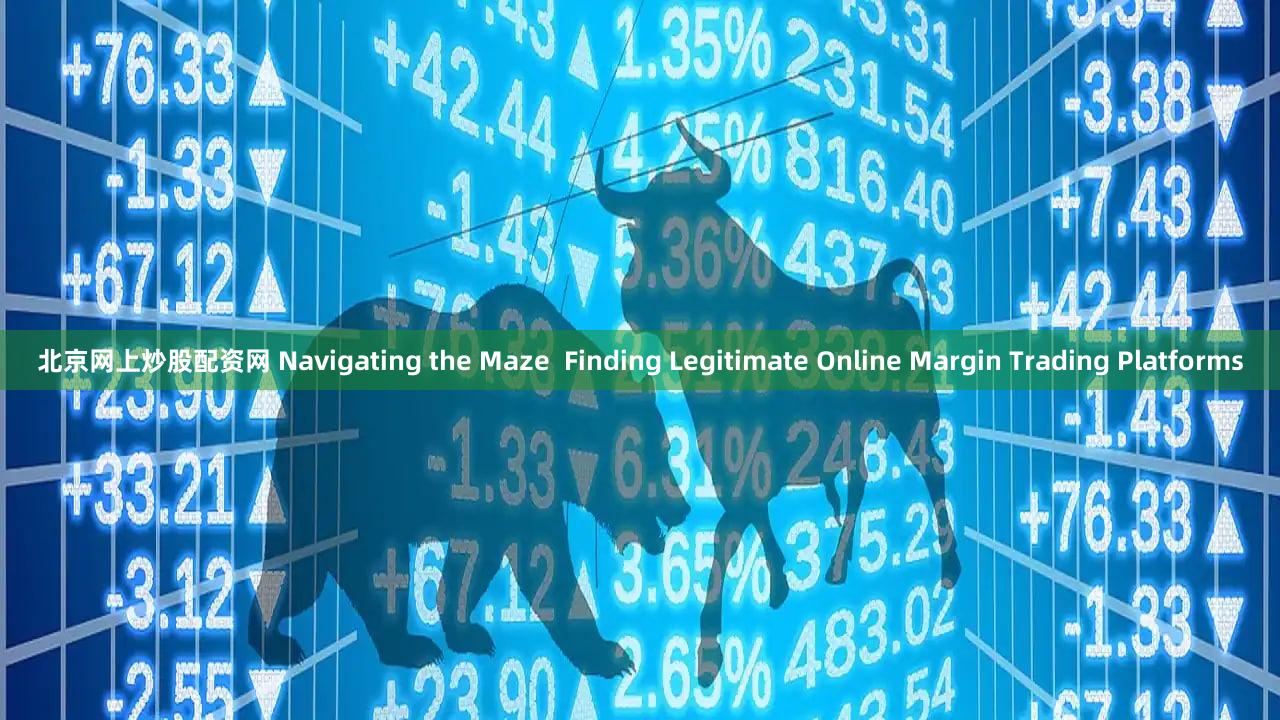
Navigating the Maze: Finding Legitimate Online Margin Trading Platforms
Meta Description: Discover how to identify and avoid scams when choosing online margin trading platforms. This comprehensive guide provides insights into reputable platforms, crucial considerations, and expert advice for safe and profitable online margin trading.
Are you ready to turbocharge your investment game with online margin trading? Hold on a second! Before you dive headfirst into the exciting world of leveraging your capital, let's address the elephant in the room: finding a legitimate platform. The online trading landscape is a wild west, brimming with opportunities, yes, but also riddled with predatory schemes designed to separate you from your hard-earned cash. Think of it like this: you wouldn't jump into a shark tank without a cage, would you? Similarly, choosing the wrong online margin trading platform can be financially devastating. This isn't just about making money; it's about protecting your financial future. We're not talking about get-rich-quick schemes here; this is about building a sustainable, informed trading strategy. This detailed guide will help you navigate the complexities of online margin trading, providing you with a framework to identify trustworthy platforms and avoid those that are nothing more than sophisticated scams. We'll explore the key aspects you need to consider, from regulatory compliance and security measures to customer support and trading fees. We'll also delve into personal experiences and insights accumulated over years of market observation, offering you a pragmatic, actionable approach to online margin trading. Get ready to become a more discerning investor 鈥?your financial well-being depends on it! Let's dive in!
Identifying Legitimate Online Margin Trading Platforms
Choosing a reliable online margin trading platform is crucial. It's the foundation upon which your investment success rests. A poorly chosen platform can mean lost capital, frustrating experiences, and a damaged confidence in the market. So, how do you sift through the noise and find a trustworthy partner? Let's examine the key factors:
1. Regulatory Compliance: This is non-negotiable. A legitimate platform will be regulated by a reputable financial authority. Look for licenses from bodies like the Securities and Exchange Commission (SEC) in the US, the Financial Conduct Authority (FCA) in the UK, or equivalent regulatory bodies in your jurisdiction. Don't settle for anything less. A lack of regulation is a massive red flag.
2. Security Measures: Your funds and data need to be secure. A robust platform employs advanced encryption technologies (like SSL) to protect your information. They should also have measures in place to safeguard against cyberattacks and fraud. Look for features like two-factor authentication (2FA) and regular security audits.
3. Transparency and Disclosure: A legitimate platform will be transparent about its fees, terms and conditions, and risk disclosures. Everything should be clearly outlined and easily accessible. Be wary of platforms that are vague or obscure about their operational details.
4. Customer Support: Reliable customer support is essential, especially when dealing with a complex financial product. A good platform will offer multiple support channels (phone, email, live chat) with responsive and knowledgeable agents.
5. Trading Platform Features: Consider the platform's user-friendliness, charting tools, order execution speed, and available asset classes. A well-designed platform will enhance your trading experience.
6. Reputation and Reviews: Before committing, research the platform's online reputation. Check independent review sites and forums to see what other users have to say about their experiences. Look for consistent positive feedback and a lack of serious complaints.
Table 1: Key Characteristics of Legitimate vs. Illegitimate Platforms
| Feature | Legitimate Platform | Illegitimate Platform | |-----------------|---------------------------------------------------|-------------------------------------------------| | Regulation | Regulated by a reputable financial authority | Unregulated or falsely claims regulation | | Security | Strong encryption, 2FA, regular security audits | Poor security measures, vulnerable to attacks | | Transparency | Clear fees, terms, and risk disclosures | Vague or hidden information | | Customer Support | Responsive and knowledgeable support agents | Unresponsive or unhelpful support | | Reputation | Positive reviews and a strong online reputation | Negative reviews and complaints |
Real-World Example: I once encountered a platform promising unrealistic returns. Their website was flashy, but their regulatory information was suspiciously vague. A quick online search revealed numerous complaints about delayed withdrawals and unresponsive customer service. That was a clear red flag, and I avoided it. Always trust your gut instinct 鈥?if something seems too good to be true, it probably is.
Choosing the Right Platform for Your Needs
排名前三炒股配资The ideal platform will vary based on your trading style and experience level. Consider the following:
- Beginner: Look for platforms with educational resources, demo accounts, and user-friendly interfaces.
- Experienced Trader: Prioritize platforms with advanced charting tools, sophisticated order types, and a wide range of assets.
- Specific Asset Classes: Ensure the platform supports the assets you wish to trade (stocks, forex, cryptocurrencies, etc.).
Frequently Asked Questions (FAQs)
Q1: How can I verify a platform's regulatory status?
A1: Visit the website of the relevant regulatory body (e.g., SEC, FCA) and search for the platform's license information. You should be able to find confirmation of their registration and compliance.
Q2: What are the common red flags of a fraudulent platform?
A2: Unrealistic returns, lack of regulation, poor security, unresponsive customer support, vague or hidden information, and overwhelmingly positive reviews (often fake) are all significant red flags.
Q3: What happens if I lose money on a legitimate platform?
A3: While legitimate platforms strive for security, losses are still possible due to market volatility and trading risks. This is inherent to investing and trading.
Q4: Are there any free resources to help me learn about margin trading?
A4: Yes, many reputable financial websites and educational platforms offer free articles, tutorials, and webinars on margin trading. However, always critically evaluate the source's credibility.
Q5: Can I use margin trading with a small account?
A5: Yes, some platforms allow margin trading with smaller account sizes but with limitations in leverage.
Q6: How can I protect myself from scams?
A6: Thoroughly research the platform, verify its regulatory status, check independent reviews, and never invest more than you can afford to lose. Remember, if it sounds too good to be true, it probably is.
Conclusion: Due Diligence is Key
Choosing a legitimate online margin trading platform requires thorough due diligence. By carefully considering the factors outlined in this guide and conducting your own research, you can significantly reduce your risk and improve your chances of a successful trading experience. Remember, protecting your capital is paramount. Don't rush into decisions; take your time, do your homework, and choose wisely. Your financial future depends on it!
文章为作者独立观点,不代表财盛证券观点

